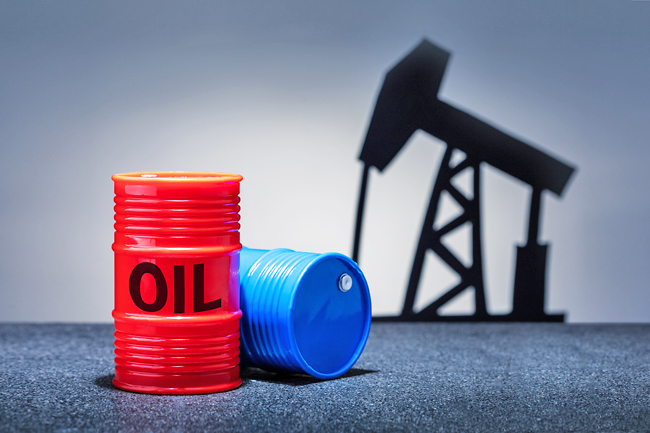Economic diversification has long been a national aspiration for Brunei, as the nation seeks to reduce its reliance on oil and gas.
Reflecting on past experiences, such as the textile industry in Serasa, Muara, provides valuable lessons on the challenges of building a sustainable industrial base.
In the early 2000s, the textile industry showed significant promise as a growing sector. However, by 2003, operations ceased entirely.
Factors such as operational costs, limited market access, and competition likely influenced the industry’s trajectory.
Global trends often play a decisive role in shaping the fortunes of local industries, and Brunei’s small market size presents unique challenges.
At the same time, exploring how industries can adapt to such factors is essential for achieving long-term resilience. Encouraging citizens to engage in discussions about these issues and seek clarity on past challenges is crucial. Such conversations foster a deeper understanding and ensure that future initiatives are informed by lessons learned.
For Brunei, building a diversified economy is a collective effort. Collaboration is key to identifying and addressing the barriers that have hindered past ventures, paving the way for new industries to thrive.
The journey toward diversification is not without obstacles. However, by reflecting on the past with an open mind and a constructive approach, Brunei can position itself for a sustainable and prosperous future.
Mr Yakin




